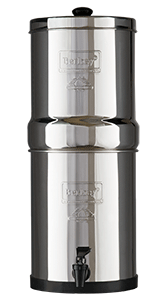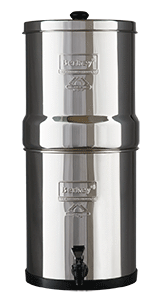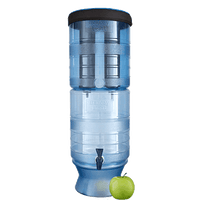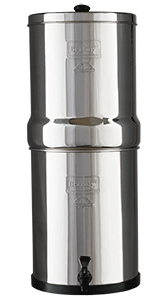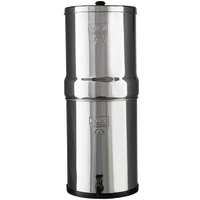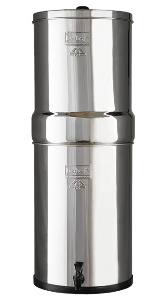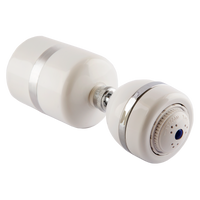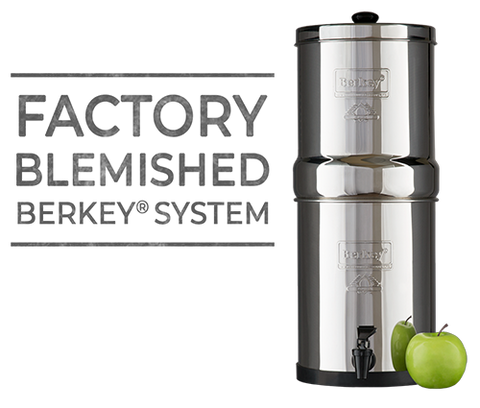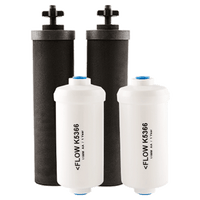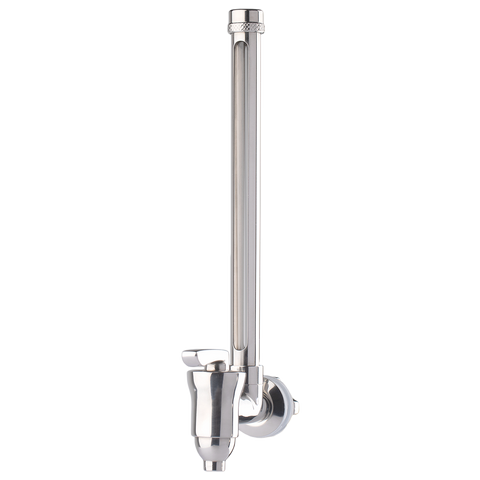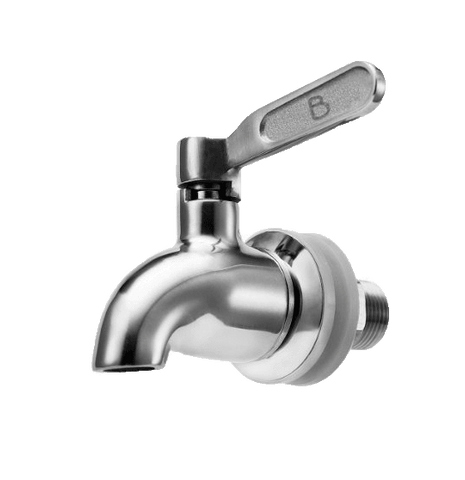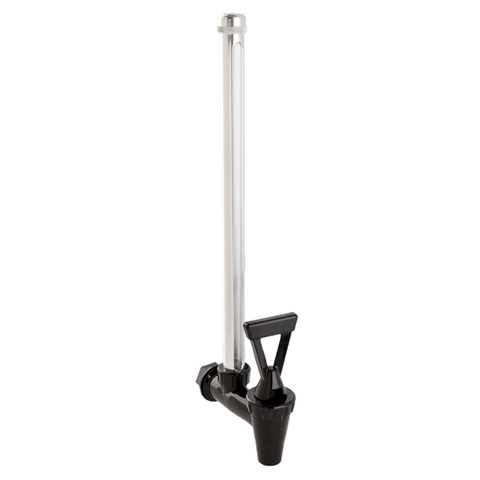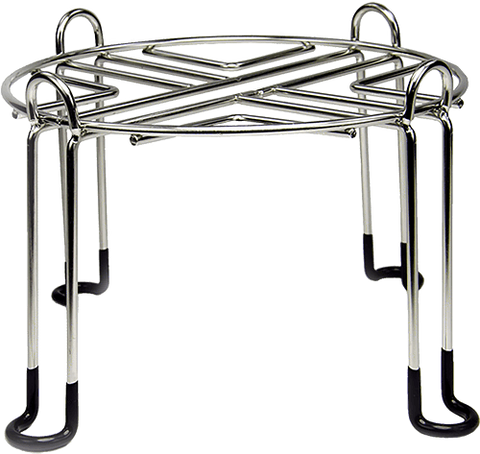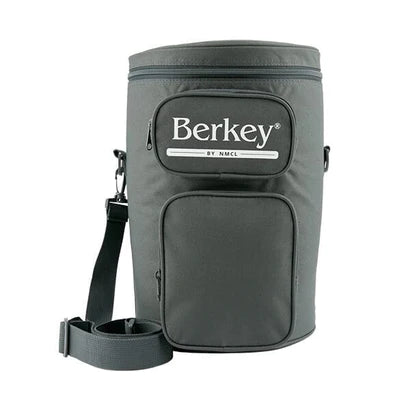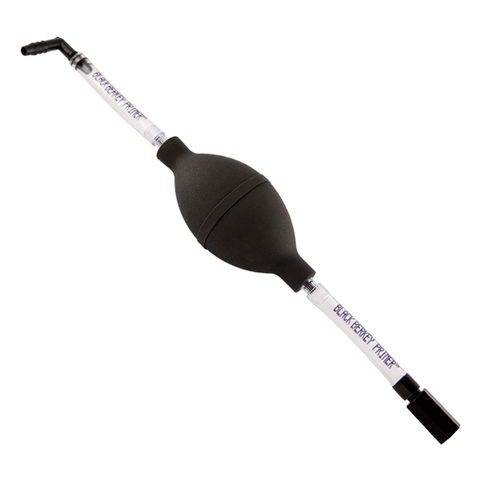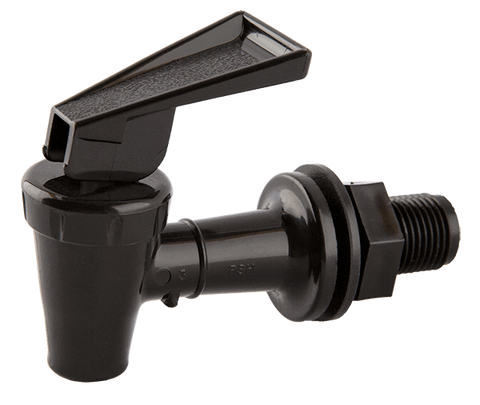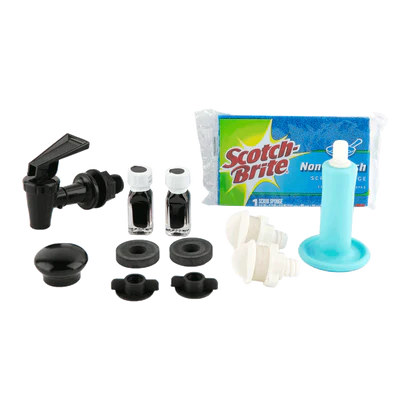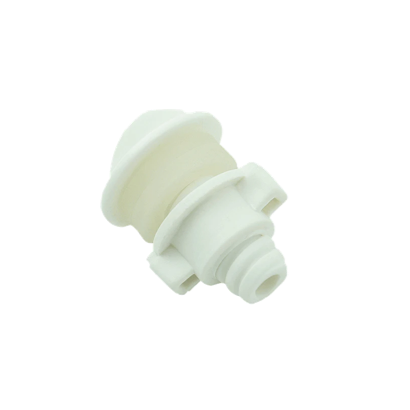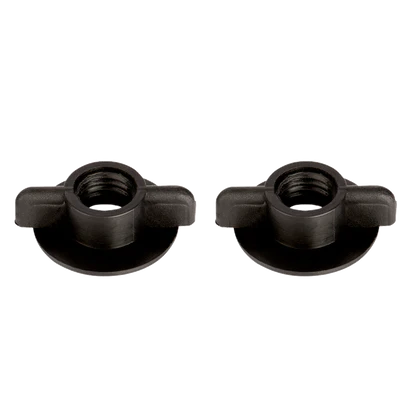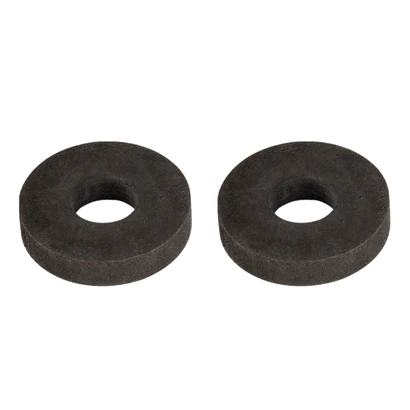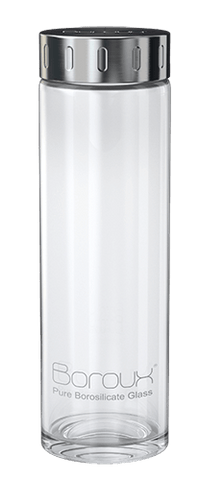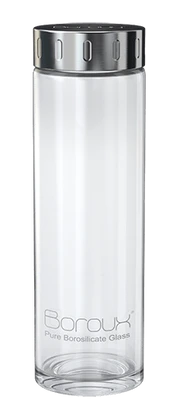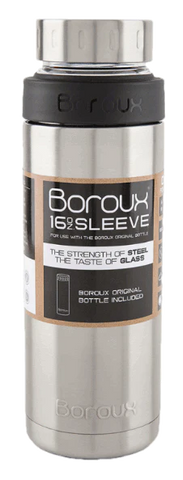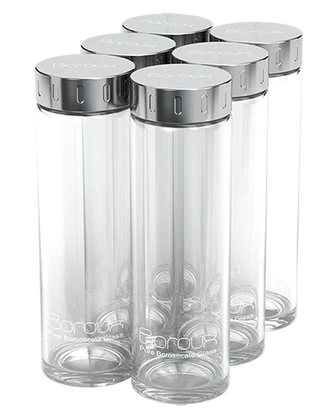Does Berkey Filter Vinyl Chloride?
Yes! Berkey water filters remove or reduce 99.99% of Volatile Organic Compounds to below lab detectable limits.
See the lab results.

What is Vinyl Chloride?
Vinyl Chloride is a volatile organic compound (VOC), it is a colorless gas. It used to make a polymer called polyvinyl chloride (PVC). PVC is used to make a variety of plastic products such as pipes, wire and cable coatings, and packaging materials. Other uses include furniture and automobile upholstery, wall coverings, housewares, and automotive parts. It's also known as chloroethene, chloroethylene, ethylene monochloride, or monochloroethylene.
Vinyl chloride is gas at room temperature. It becomes a liquid at high pressure or at low temperatures. It's very unstable at high temperatures and burns easily. At 3,000 parts per million of air it can become noticeable with a mild, sweet smell.
Health Risks of Vinyl Chloride:
Cancer is the primary concern with vinyl chloride exposure. It can cause hepatic angiosarcoma which is a rare liver cancer, and/or brain, lung, lymphoma, and leukemia cancers. The EPA and the U.S. Department of Health and Human Services (DHHS) has classified vinyl chloride as known human carcinogen. Cancers from vinyl chloride develop after long-term exposure.
There is no antidote for vinyl chloride, however the effects can be treated and most people recover fully. Hospitalization is mostly needed is large amounts of vinyl chloride have been inhaled. Although the tests are not very helpful in detecting vinyl chloride exposure levels, seek medical help if these symptoms arise: dizziness, disorientation, drowsiness, or headaches, difficulty breathing, burning of skin or eyes, nausea or loss of appetite.

How does Vinyl Chloride Gets in your water?
Chemical spills. Scary train-wreck chemical spills, in most recent news. Most vinyl chloride in the U.S. is moved from one place to another via the rail road. Train cars transport the liquefied, pressurized compound. In February of 2023, a train carrying vinyl chloride and other chemicals derailed and spilled enormous amount of contaminants.
Inhalation is the biggest concern, however vinyl chloride leached into groundwater from spills, landfills, and industrial sources. Once in the water system it eventually can end up in tap water. Homes near manufacturing districts and near spills are especially susceptible to exposure. Vinyl chloride can also enter groundwater through the bacterial degradation of trichloroethylene, tetrachloroethylene, and 1,1,1-trichloroethane.
How Berkey Reduces Vinyl Chloride From Water
The Black Berkey Filters are well designed and extensively tested to use the best technology to filter out unwanted things. The Berkey filtration process is multifaceted using several steps to stop contaminants. The three steps are microfiltration, adsorption/absorption, and ion exchange. The materials, shape, texture, and ionic charge of the Black Berkey Filters all contribute to the ability to prevent contaminants from passing through. Take a more in-depth look at the Berkey Filtration Process.
Browse the Berkey Filters to find the ideal product for your family. The Big Berkey is the most popular system size because of its versatility. Don't miss out on the best water filtration.

